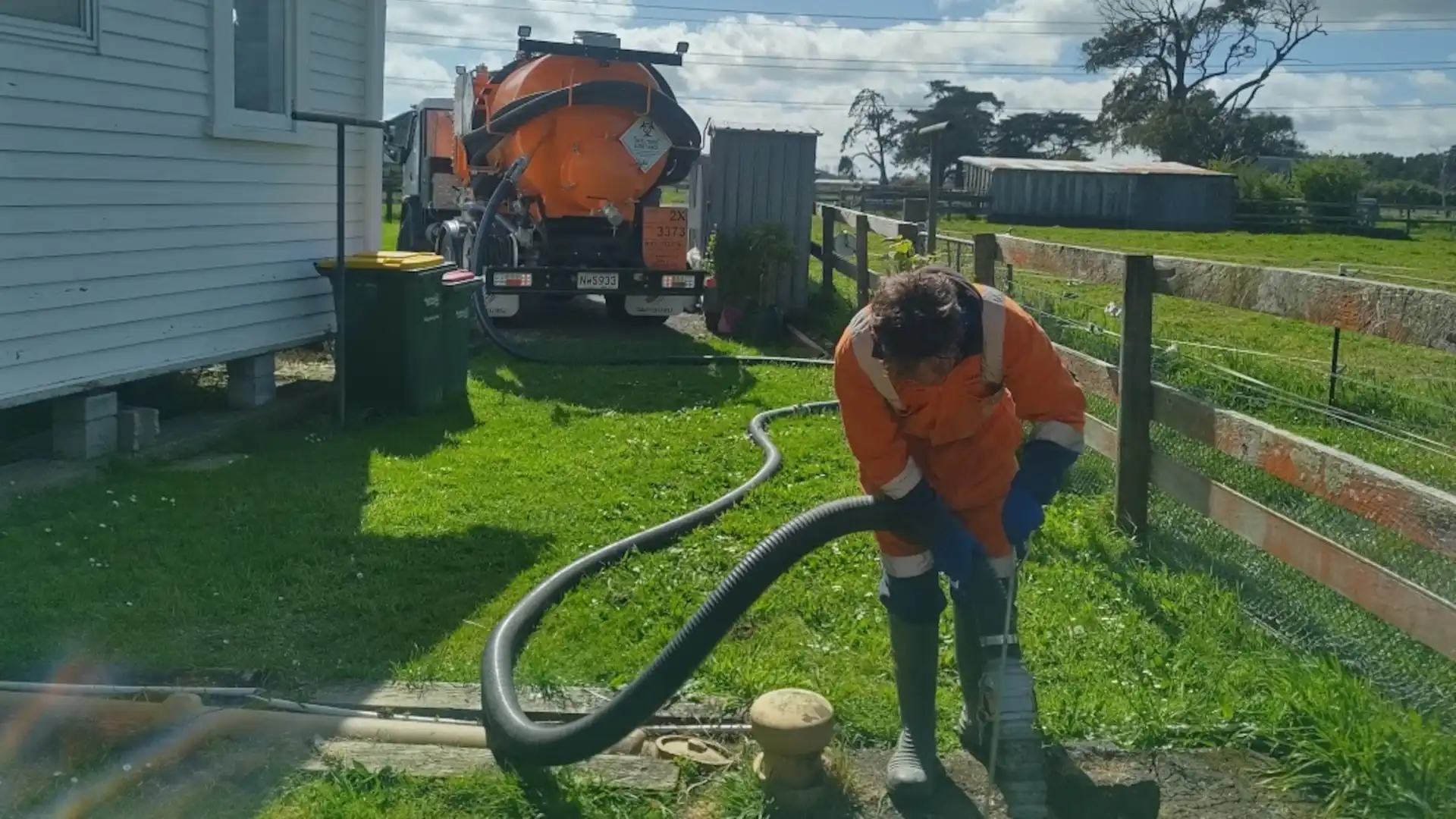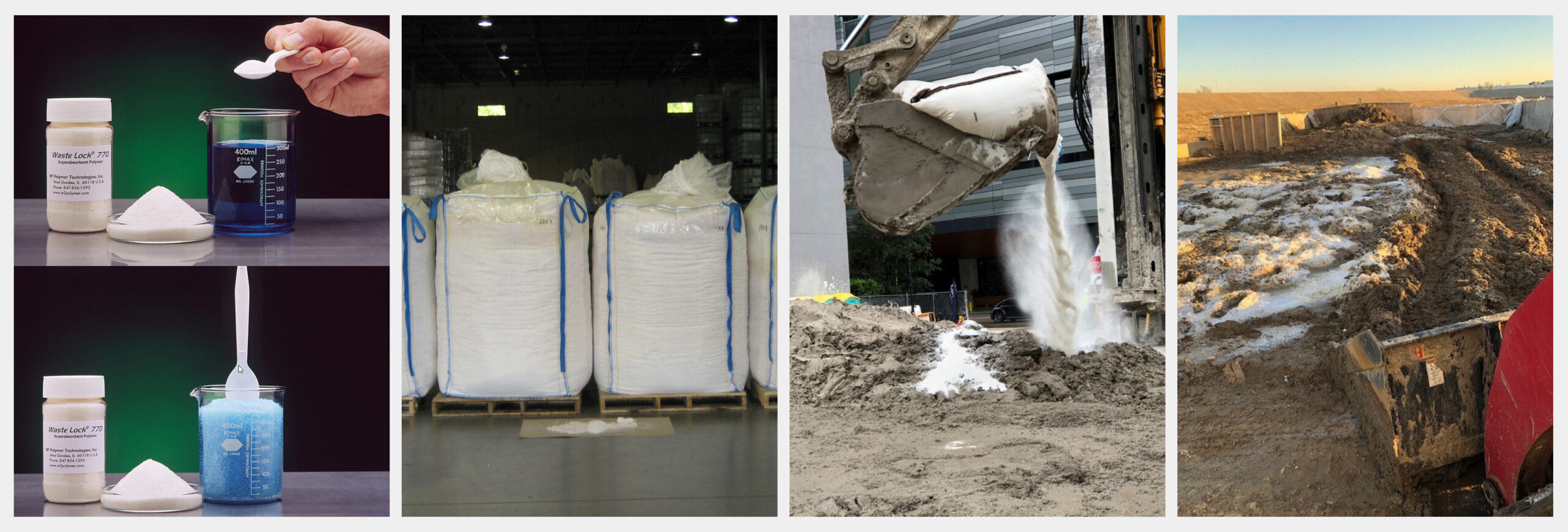Expert Liquid Waste Removal Melbourne: Keeping Your Environment Clean
Expert Liquid Waste Removal Melbourne: Keeping Your Environment Clean
Blog Article
Understanding the Comprehensive Refine of Liquid Garbage Disposal: Finest Practices and Environmental Influence Considerations
The administration of fluid waste disposal is a diverse issue that requires a thorough understanding of numerous best practices and their associated ecological influences. From the types of liquid waste created to the techniques used for collection, treatment, and last disposal, each action plays a critical duty in safeguarding environments and public wellness.
Sorts Of Fluid Waste
Comprehending the various sorts of liquid waste is vital for reliable administration and disposal techniques. Liquid waste can be generally classified into numerous types, each calling for distinct handling and therapy approaches.
Industrial liquid waste often consists of unsafe materials, including hefty metals, solvents, and chemicals, produced during manufacturing processes. These wastes demand strict regulatory compliance to safeguard human wellness and the setting. Residential fluid waste primarily describes wastewater produced from families, consisting of sewage and greywater, which, although less hazardous, can still posture significant risks if incorrectly taken care of.
Agricultural fluid waste, consisting of drainage from farms, typically consists of plant foods and pesticides that can bring about environmental degradation otherwise dealt with sufficiently. Medical fluid waste, produced from health care centers, consists of polluted liquids such as bodily liquids and chemicals, calling for specialized disposal approaches to avoid infection and ecological contamination.
Finally, oil and grease waste, normally generated by dining establishments and automobile markets, can trigger serious blockages in drain systems otherwise managed effectively. Recognizing these groups facilitates targeted techniques for treatment, conformity with laws, and reliable disposal methods, inevitably advertising environmental sustainability and public health and wellness safety and security.

Collection Methods
Effective collection approaches are vital for the proper management of fluid waste, guaranteeing that it is gathered securely and successfully prior to treatment or disposal. Numerous techniques are employed relying on the kind of fluid waste produced, the volume, and the particular features of the waste.
One typical approach is using devoted collection tanks or sumps, which are created to capture liquid waste at the resource. These systems often include pumps that help with the transfer of waste to bigger storage space containers or therapy facilities. In addition, mobile collection systems outfitted with vacuum technology are utilized in scenarios where waste is generated periodically or in hard-to-reach places.
For commercial setups, closed-loop systems can efficiently lessen leakages and spills, permitting the healing and reuse of fluid waste. It is likewise vital to educate workers on proper collection methods to mitigate threats related to unsafe compounds.
Moreover, implementing regular upkeep schedules for collection devices makes certain optimum performance and security. The assimilation of advanced monitoring systems can improve collection performance by offering real-time data on waste degrees and prospective dangers. Generally, reliable collection approaches are fundamental to sustainable fluid waste management methods.
Treatment Processes
Therapy processes play an important role in the management of liquid waste, changing possibly unsafe products right into secure effluents or reusable resources - liquid waste disposal. These procedures can be generally categorized into physical, chemical, and organic techniques, each customized to deal with particular pollutants existing in the waste stream
Physical therapy techniques, such as sedimentation and filtration, work by removing suspended solids and particle matter. These methods are typically the very first step in the treatment chain, efficiently lowering the tons on subsequent procedures. Chemical therapies entail the usage of reagents to counteract damaging compounds, precipitate heavy steels, or oxidize organic pollutants, therefore enhancing the safety of the effluent.
Biological therapy processes, consisting of activated sludge systems and anaerobic food digestion, take advantage of on the natural capacities of microorganisms to break down organic issue. These methods are specifically effective for wastewater consisting of naturally degradable pollutants. Advanced treatment modern technologies, such as membrane filtering and advanced oxidation procedures, are increasingly utilized to attain greater levels of filtration.
Including a combination of these treatment approaches not only makes sure conformity with regulatory standards yet also promotes ecological sustainability by recouping valuable sources from fluid waste.
Disposal Options
How can organizations make sure the secure and accountable disposal of fluid waste? Reliable disposal options are critical for safeguarding public health and the environment. The primary methods include land disposal, incineration, and therapy followed by discharge right into local wastewater systems.
Land disposal includes the cautious control click this of liquid waste in assigned garbage dumps, making sure that it does not seep into surrounding dirt or water. Incineration, on the various other hand, subjects liquid waste to heats, transforming it right into ash and gases, which call for correct filtering to minimize emissions. This approach appropriates for contaminateds materials that can not be treated with conventional ways.
In cases where fluid waste can be treated, companies might decide for biological or chemical therapy procedures to reduce the effects of hazardous parts before releasing the treated effluent into community systems. This route typically straightens with governing needs, ensuring that the effluent fulfills safety and security criteria.
Inevitably, organizations should conduct comprehensive evaluations of each disposal option to establish its feasibility, thinking about aspects such as waste make-up, regulative conformity, and prospective threats to see health and the environment. By choosing appropriate disposal approaches, businesses can add to an accountable waste management approach.
Environmental Effect
The ecological influence of fluid waste disposal is a vital factor to consider for companies looking for to minimize their ecological footprint. Furthermore, the discharge of untreated or inadequately treated waste into surface waters can result in eutrophication, leading to oxygen depletion and the subsequent death of fish and other organisms.

To reduce these influences, companies have to take on ideal methods such as carrying out strenuous waste therapy procedures, promoting recycling and reuse, and adhering to regulatory requirements. By taking a proactive approach to fluid waste administration, entities can significantly reduce their ecological impact while supporting lasting development objectives. Inevitably, a detailed understanding of the environmental influences connected with liquid garbage disposal is necessary for informed decision-making and accountable stewardship of natural deposits.
Final Thought
Efficient management of fluid waste is vital for securing environmental stability and public wellness. By taking on best techniques in disposal, collection, and treatment, together with adherence to regulatory criteria, the potential for harmful contamination of ecological communities can be considerably lowered. Constant advancements in innovation and processes add to sustainable waste administration initiatives. Inevitably, a detailed understanding of fluid waste disposal not just mitigates ecological effects yet also promotes a dedication to liable resource monitoring and environmental stewardship.
The monitoring of fluid waste disposal is a diverse concern that calls for an extensive understanding of different finest techniques and their associated environmental impacts. From the types of liquid waste generated to the methods employed for collection, treatment, and final disposal, each action plays a crucial function in guarding ecological communities and public health.The environmental effect of fluid waste disposal is an essential factor to consider for organizations seeking to lessen their eco-friendly impact. Inevitably, a thorough understanding of the environmental impacts associated with liquid waste disposal is important for informed decision-making and accountable stewardship of all-natural resources.
Ultimately, an extensive understanding of liquid waste disposal not only alleviates environmental effects but also cultivates a commitment to responsible source administration and environmental stewardship.
Report this page